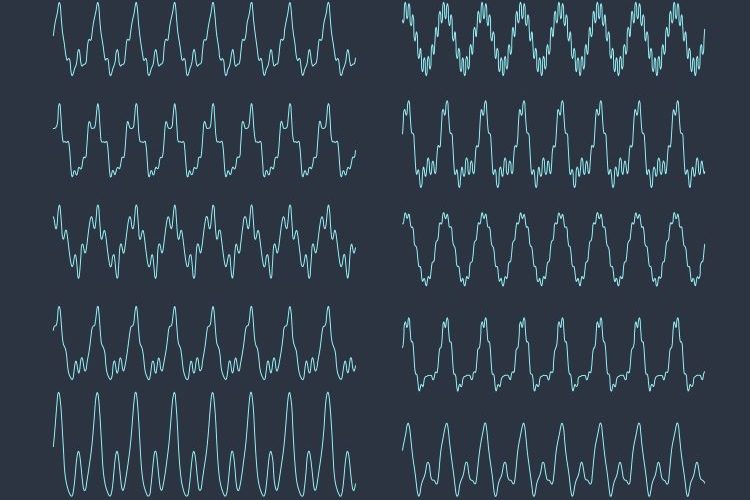Accelerating spectroscopic analysis for data acquisition
Posted: 30 April 2024 | Catherine Eckford (European Pharmaceutical Review) | No comments yet
A study has reported the first experimental evidence of time-domain compressed sensing, which could accelerate data acquisition in ultrafast spectroscopy.


Researchers in Germany have developed an technique to increase the speed of spectroscopic analysis, which typically takes from minutes to hours to acquire measurement.
[the technique] can greatly accelerate data acquisition in ultrafast spectroscopy, particularly in higher-dimensional analyses”
According to the paper published in the Journal of Ultrafast Science, the innovative technique “can greatly accelerate data acquisition in ultrafast spectroscopy, particularly in higher-dimensional analyses, by data volume minimisation, signal acquisition time reduction, and a contraction in the required number of measurements in each dimension”.
Results from the study expands the application of compressed sensing to real-time spectroscopic measurement, according to Kilian Scheffter, doctoral student at Max Planck Institute for the Science of Light.
Ultrafast laser spectroscopy
Broad spectral bandwidth of ultrafast laser spectroscopy enables simultaneous characterisation of a sample at various frequencies, making repeated measurements or laser tuning unnecessary, the researchers explained. However, they noted that the extensive data recording required causes “considerable delays in data capture, extending processing time, and increasing data volume”.
Notably, the researchers stated that study demonstrated compressed sensing with rapidly sampled field-resolved spectroscopy for the first time. Therefore, it provides a solution to overcome the limitations of the ‘gold standard’ ultrashort time-domain spectroscopy.
“The response of molecules to ultra-short excitation pulses is typically sparse in many samples, which implies that the response occurs only at specific frequencies known as molecular fingerprints. By strategically randomising the measurement points in time… compressed sensing can efficiently reconstruct the signal by using fewer data points than the limit dictated by the Nyquist criterion. However, the main challenge has been to change the temporal overlap of the probe pulses and the femtosecond excitation pulses randomly,” Scheffter commented.
Improving spectroscopic analysis
Positively, the team were able to use acoustic waves to modulate this temporal overlap randomly.
“Accelerating time domain spectroscopy offers several advantages, for example in simplifying the label-free imaging of fragile specimens, real-time environmental monitoring and open-air diagnostics of toxic and hazardous gases, and molecular fieldoscopy,” explained Dr Hanieh Fattahi, Research Group Leader “Femtosecond Fieldoscopy”, Max Planck Institute for the Science of Light.
Additionally, Scheffter et al. shared that this method removes the need for specialised measuring equipment.
Overall, the research suggests that “compressed sensing below the Nyquist criteria can suppress measurement noise, making it valuable for speeding up measurement time and denoising sensitive measurements”.
Related topics
Analytical techniques, Data Analysis, Research & Development (R&D), Spectroscopy, Technology, Therapeutics









